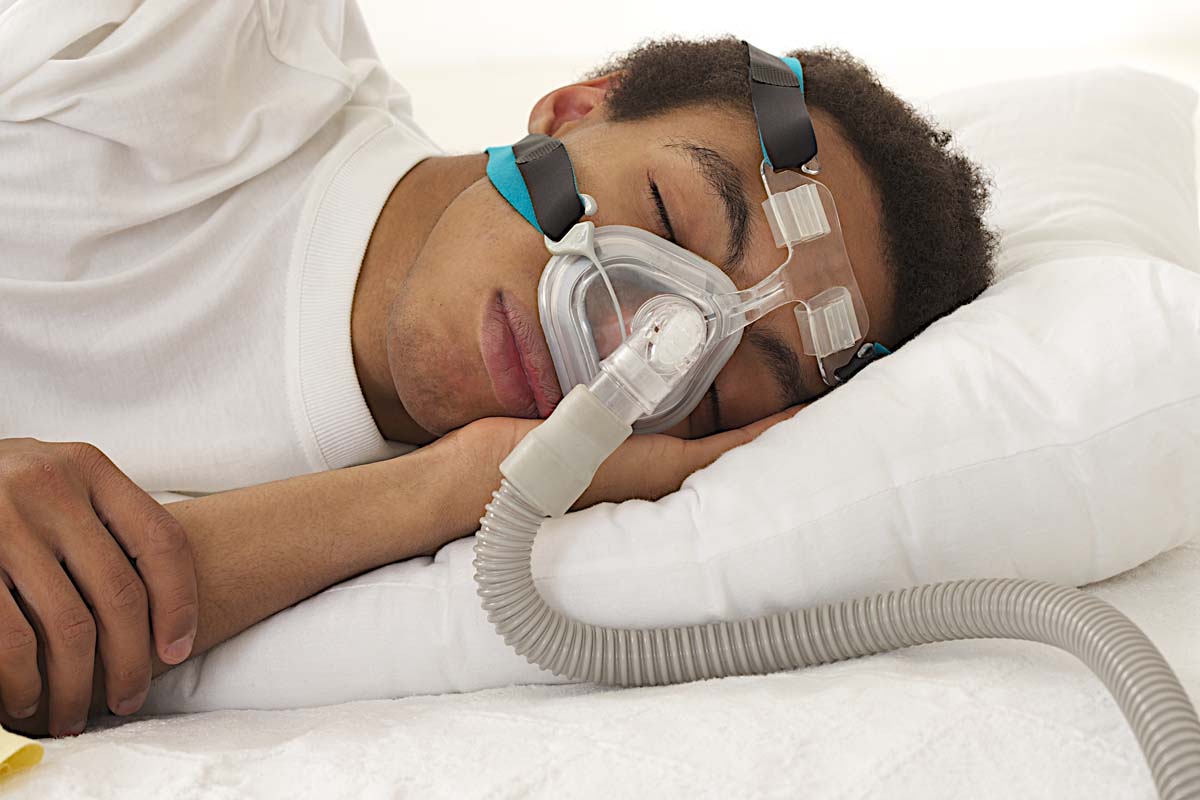
Sleep Apnea Doctor
At our offices, we perform treatments for sleep apnea, among many other ear, nose and throat issues. We assist patients of all ages with issues such as snoring, chronic nosebleeds, sinus infections, ear infections, and all other issues of the head and neck, such as cancer and headaches. If you have any questions about the services that we provide or want to schedule an appointment with a sleep apnea doctor, please feel free to contact our office.
What is sleep apnea?
Apnea is a lingering sleeping condition that causes more pauses in breathing or shallow breaths while sleeping. This irregular breathing pattern interrupts sleep, resulting in sleepiness during the daytime.
This disorder will need long-term management by a sleep apnea doctor who may recommend lifestyle changes, breathing devices and even surgery to treat sleep apnea successfully.
What are the symptoms of sleep apnea?
The most common signs and symptoms of obstructive and central sleep apneas include:
- Loud snoring noticed by another person or spouse
- Breathing pauses noticed by another person or spouse
- Waking up with shortness of breath
- Waking up with dry mouth or dry mouth and throat
- Waking up with a headache
- Sleepiness during daytime
- Inability to focus
Is sleep apnea dangerous?
Sleep apnea is not fatal, but it may increase the risk of other fatal diseases. Unmanaged sleep apnea can increase the dangers of:
- Obesity
- Diabetes
- Heart attack
- High blood pressure
- Stroke
- Irregular heartbeat
- Heart failure
- Having driving or work-related accidents
How do I know when I should see a doctor?
If you think you have the symptoms of sleep apnea, consider making an appointment with a sleep apnea doctor at one of our offices. Your health problem can be treated to keep you from the dangers of other complications, starting with a thorough consultation and an evaluation of your sleep. These sleep evaluations often involve observing your breathing and other body functions while you are sleeping.
Types of Sleep Apnea Doctors
The first big step is identifying and acknowledging that you have a sleeping problem. The next step is seeing a sleep apnea doctor. Depending on your exact condition, there are a variety of doctors and specialties that could help.
1. Primary Care Physicians - If you have questions about your snoring, morning headaches and other signs of sleep apnea, seek your primary doctor’s help for treatment or to recommend a specialist.
2. Otolaryngologists - These are the doctors who specialize in ears, nose and throat problems. Their expertise lies in problems involving the inside of your head and face – the airways, tonsils, tongue, windpipe, and all other body parts in that area. And if your sleep apnea is not helped by treatments like weight loss and breathing devices, surgery performed by an otolaryngologist can help. It can be a simple procedure on a small tissue to a more general surgery involving the tonsils, which may require hospitalization.
3. Neurologists - Neurologists are specialists in the ways the brain and nerve function. These doctors know how these contribute to sleep apnea by checking their messages to your throat, airways, and tongue that allow you to sleep properly.
4. Psychiatrists or Other Mental Health Professionals - Sometimes just a lifestyle change can help to resolve sleep apnea. Changes in behavior, healthy sleeping positions, and quitting smoking may be the solution to getting a good night’s sleep. These behavioral experts can help you make the necessary changes.
5. Dentists - Some dentists are also trained in treating sleep apnea and other sleep-related breathing disorders. They may help by fitting you with a customized dental tool to help you breathe easier.
What are the most common treatments for sleep apnea?
- Continuous positive airway pressure (CPAP) - This machine may help you if you suffer from moderate to severe sleep apnea. The machine delivers air pressure to a mask, which you wear while you sleep to prevent apnea and snoring.
- Oral appliances - An oral appliance is another device to help treat apnea by keeping your throat open. Although CPAP is more effective, these oral appliances may be easier to use. It is put in the mouth to open your throat and relieve snoring.
If you are experiencing any symptoms of sleep apnea, contact our office today to make an appointment with a sleep apnea doctor. We can answer any questions that you might have about treatment options and schedule you for an appointment to evaluate your situation. After your initial appointment, we will be able to point you in the right direction in order to find the best possible treatment for you.

